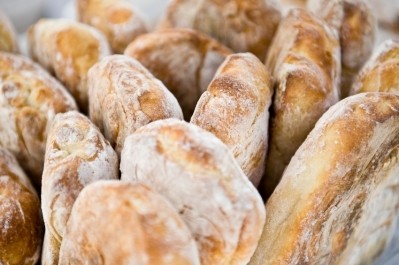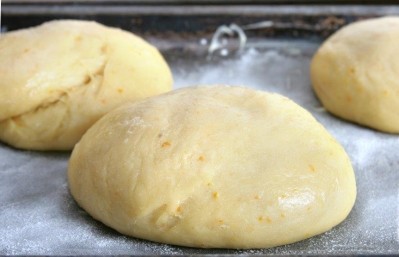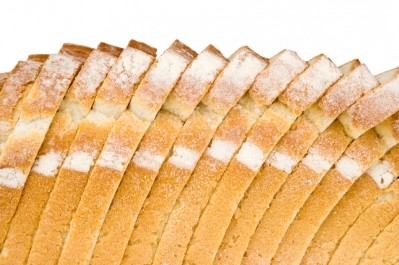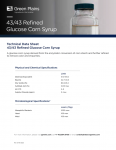Natural antifungals from sourdough have food potential: Researchers

It has been long known that unlike conventionally leavened bread, sourdough bread resists mould and has an extended shelf life. But now a team of Canadian researchers believe they have found the reason why: powerful antifungal compounds produced during the fermentation process.
Led by Michael Gaenzle from the University of Alberta, the research team reveal that bacteria found in sourdough convert linoleic acid in bread flour to a compound that has powerful antifungal activity.
“This study demonstrated that L. hammesii DSM16381, an isolate from sourdough, converts linoleic acid to a mono-hydroxy octadecenoic acid with antifungal activity,” said the research team, writing in Applied and Environmental Microbiology.
“Thus, hydroxy fatty acids produced by food fermenting lactic acid bacteria exhibit antifungal activity.”
Findings could open doors
Gaenzle and his team suggest that their findings could help to improve the taste of the bread, and may even open the door to isolating the antifungal compounds for use in other bakery and food products. Indeed, the team revealed that the use of the antifungal metabolites – in conjunction with coriolic acid – as a natural and ‘clean-label’ antifungal solution “is not limited to food preservation.”
“Antifungal metabolites from lactobacilli may [also] complement or substitute these fungicides for use in seed treatment and crop protection,” they added.
New to food
The research team said that their observation of linoleic acid metabolism by lactic acid bacteria, to produce the antifungal compounds, has never previously been observed in food fermentations.
“The antifungal activity of metabolites from lactic acid bacteria in bread has, to date, not been attributed to a single compound, but rather to their synergistic activity with substrate- or yeast-derived compounds,” they explained.
“This study demonstrated that enzymatic and microbial activities generate antifungal hydroxy fatty acids from linoleic acid.”
Gaenzle said that the formation of these two compounds by cereal or microbial enzymes had been described previously, “but their antifungal activity and their generation in food production was unknown”.
The major benefits of this are twofold, he said.
- Better tasting bread, because a host of preservatives can be eliminated from recipes, and because sourdough bread has a more distinct and richer flavour compared to bread produced with yeast only,
- Novel tools to control fungi in malting and plant production, through the treatment of seeds with the anti-fungal fatty acids.
Source: Applied and Environmental Microbiology
Published online ahead of print, doi: 10.1128/AEM.03784-12
“Antifungal hydroxy-fatty acids produced during sourdough fermentation: microbial and enzymatic pathways, and antifungal activity in bread.”
Authors: Black BA, Zannini E, Curtis JM, Gänzle MG

















